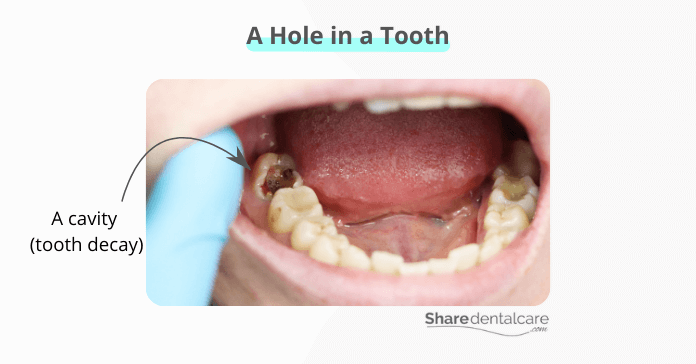No Cavities: Find Relief For Tooth Pain

Tooth pain can be a debilitating experience, making everyday activities like eating, drinking, and even talking a chore. One of the primary causes of tooth pain is cavities, which are holes in the teeth caused by tooth decay. When a cavity forms, it can expose the sensitive inner layers of the tooth, leading to pain and discomfort. Fortunately, there are several ways to find relief from tooth pain caused by cavities.
Understanding Cavities and Tooth Pain
Cavities are a common problem that can affect anyone, regardless of age or oral hygiene habits. They occur when the bacteria in the mouth break down the enamel on the teeth, creating a small hole or pit. If left untreated, cavities can progress and reach the pulp of the tooth, which contains the nerve endings. This can cause severe tooth pain, sensitivity, and even infection.
Symptoms of Cavities and Tooth Pain
The symptoms of cavities and tooth pain can vary depending on the severity of the problem. Some common symptoms include:
- Tooth sensitivity to hot or cold temperatures
- Sharp pain when biting or chewing
- Dull ache or throbbing pain in the tooth or surrounding area
- Visible holes or discoloration on the surface of the tooth
- Bad breath or a foul taste in the mouth
Finding Relief from Tooth Pain
If you are experiencing tooth pain caused by a cavity, there are several ways to find relief. Here are some steps you can take:
- Visit a Dentist: The first step in finding relief from tooth pain is to visit a dentist. A dentist can examine your teeth and determine the cause of the pain. If a cavity is present, the dentist can fill it or perform other necessary treatments to alleviate the pain.
- Use Desensitizing Toothpaste: Desensitizing toothpaste can help reduce tooth sensitivity and alleviate pain. These toothpastes contain ingredients like potassium nitrate or strontium chloride that help block the dentinal tubules and reduce sensitivity.
- Take Over-the-Counter Pain Relievers: Over-the-counter pain relievers like acetaminophen or ibuprofen can help alleviate tooth pain. However, it’s essential to follow the recommended dosage and consult with a dentist or doctor before taking any medication.
- Use a Saltwater Rinse: A saltwater rinse can help reduce swelling and alleviate pain. Mix 1 teaspoon of salt with 8 ounces of warm water and swish it around your mouth for 30 seconds before spitting it out.
Preventing Cavities and Tooth Pain
Preventing cavities and tooth pain is always better than treating them. Here are some ways to prevent cavities and keep your teeth healthy:
- Practice Good Oral Hygiene: Brushing your teeth at least twice a day and flossing once a day can help remove plaque and bacteria that can cause cavities.
- Use Fluoride Toothpaste: Fluoride toothpaste can help strengthen tooth enamel and prevent decay.
- Avoid Sugary and Acidic Foods: Sugary and acidic foods can contribute to tooth decay and cavities. Limit your consumption of these foods and drinks to prevent cavities.
- Visit Your Dentist Regularly: Regular dental check-ups can help identify cavities and other oral health problems early on, preventing more severe problems from developing.
What are the symptoms of a cavity?
+The symptoms of a cavity can include tooth sensitivity, sharp pain when biting or chewing, dull ache or throbbing pain, visible holes or discoloration on the surface of the tooth, and bad breath or a foul taste in the mouth.
How can I prevent cavities?
+To prevent cavities, practice good oral hygiene by brushing your teeth at least twice a day and flossing once a day. Use fluoride toothpaste, avoid sugary and acidic foods, and visit your dentist regularly for check-ups and cleanings.
What should I do if I have a toothache?
+If you have a toothache, visit a dentist as soon as possible. In the meantime, you can try using desensitizing toothpaste, taking over-the-counter pain relievers, or rinsing your mouth with saltwater to alleviate the pain.
Conclusion
Tooth pain caused by cavities can be a debilitating experience, but there are several ways to find relief. By understanding the symptoms of cavities and tooth pain, visiting a dentist, and practicing good oral hygiene, you can prevent cavities and keep your teeth healthy. Remember to take preventative measures, such as using desensitizing toothpaste, avoiding sugary and acidic foods, and visiting your dentist regularly, to keep your teeth strong and healthy. With the right care and attention, you can say goodbye to tooth pain and hello to a healthy, pain-free smile.

